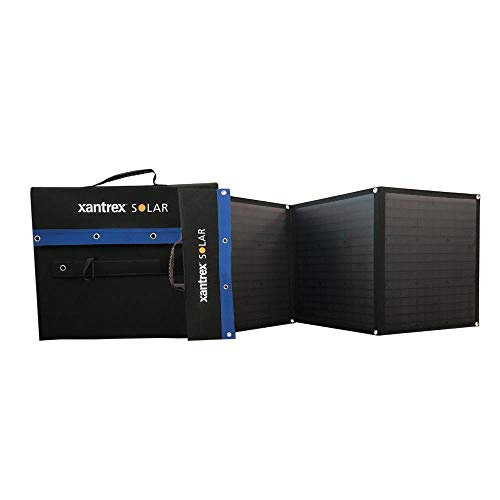BobandBarb
Member
- Joined
- Oct 7, 2020
- Messages
- 5
- Reaction score
- 0
Hi all!
My wife and I are seriously considering going to full time rv life.
We used to be long haul truckers so we know what it is like living in a small space.
I would imagine living in a truck is different than living in a rv tho.
Some questions I have are,
What does it cost to live full time in an rv?
What do you do if you break down?
We are looking at a 3 axle 34' pace arrow from 94 ish. It has 60k ish miles on a 454. Allegedly it was gone through top to bottom a few years ago when the current owner purchased it. They were really too old to safely drive it when they bought it and it has mostly sat.
I have seen it, everything appears to work as it should. The only thing I could see that needed attention was one of the hydraulic levelers blew a seal.
So what questions do I need to ask?
My biggest concern is a break down and how to pay for repairs on the little retirement we have.
We are not in a position to keep our house AND own an rv, so test trial really isn't feasible.
Any juice to get the mental gears going would be appreciated.
This rv...the current owners still owe 6k on it. They want to get out from under the payments. We are thinking about approaching them with a take over payment offer, but we have never done one. Any advice there? I would imagine they would want to be bought out in some fashion, but not really sure what to expect.
Thanks and have a great day!
My wife and I are seriously considering going to full time rv life.
We used to be long haul truckers so we know what it is like living in a small space.
I would imagine living in a truck is different than living in a rv tho.
Some questions I have are,
What does it cost to live full time in an rv?
What do you do if you break down?
We are looking at a 3 axle 34' pace arrow from 94 ish. It has 60k ish miles on a 454. Allegedly it was gone through top to bottom a few years ago when the current owner purchased it. They were really too old to safely drive it when they bought it and it has mostly sat.
I have seen it, everything appears to work as it should. The only thing I could see that needed attention was one of the hydraulic levelers blew a seal.
So what questions do I need to ask?
My biggest concern is a break down and how to pay for repairs on the little retirement we have.
We are not in a position to keep our house AND own an rv, so test trial really isn't feasible.
Any juice to get the mental gears going would be appreciated.
This rv...the current owners still owe 6k on it. They want to get out from under the payments. We are thinking about approaching them with a take over payment offer, but we have never done one. Any advice there? I would imagine they would want to be bought out in some fashion, but not really sure what to expect.
Thanks and have a great day!




























































